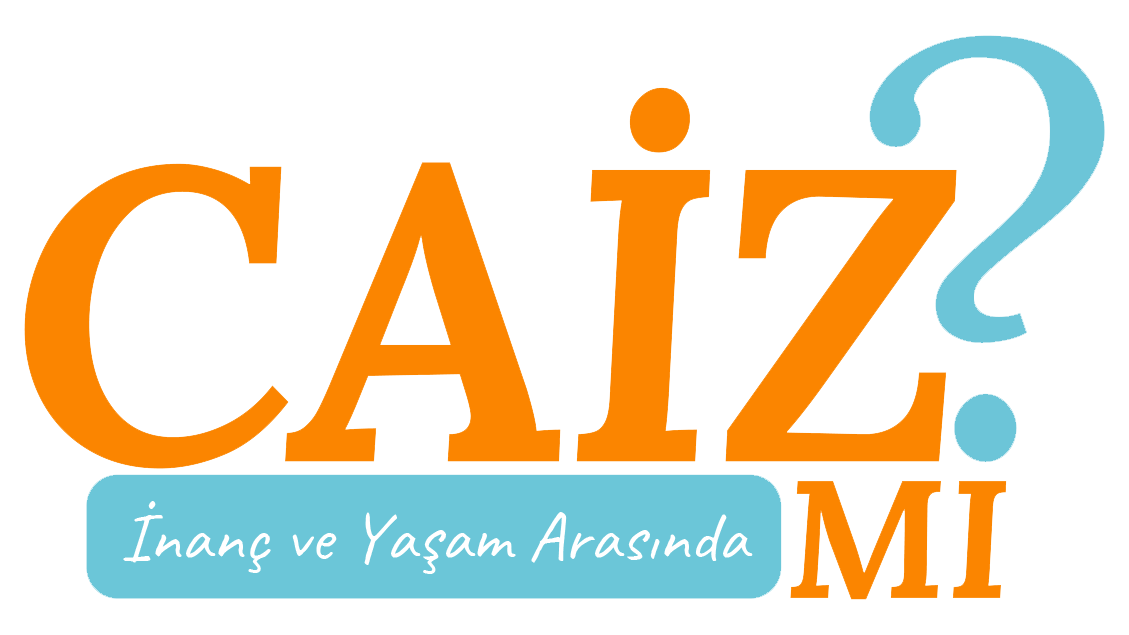Excessive eating is not permissible and has detrimental effects from both a religious and health perspective. The Prophet Muhammad (peace be upon him) stated, “The son of Adam does not fill a vessel worse than his stomach. A few bites are sufficient to keep his back straight. If he must eat more, then let him fill one-third with food, one-third with water, and one-third with air” (Tirmidhi, “Zuhd”, 47). He also warned against overeating by saying, “Keep burping away from us, for the most satiated people in this world will be the most hungry on the Day of Resurrection” (Tirmidhi, “Qiyamah”, 38).
Ibn Khaldun emphasized that excessive eating leads to both physical and moral harm. According to him, excessive and mixed foods cause bad odors and waste in the body, negatively affect the mind and reasoning, and diminish devotion and inclination towards worship. Ibn Khaldun noted that eating less and avoiding luxury increases piety and dedication to worship. The Qur’an also states, “Eat and drink, but do not waste by extravagance, for indeed, He does not like the wasteful” (Al-A’raf 7/31), indicating that Muslims should eat in moderation and avoid wastefulness.
